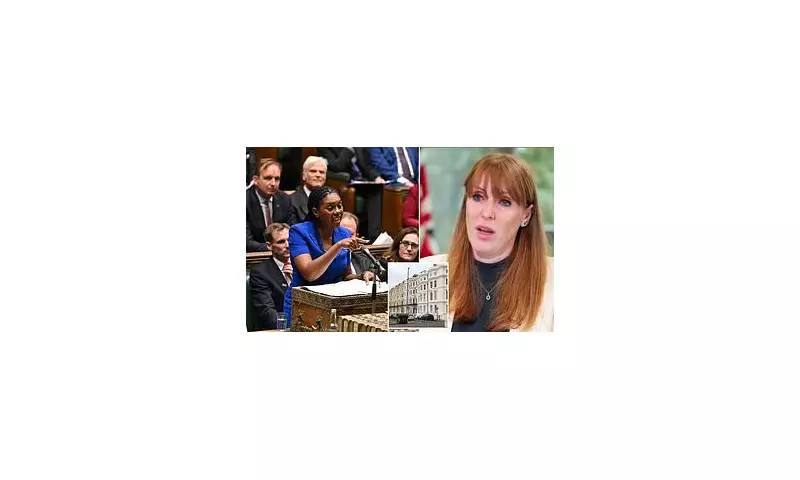
Labour's Deputy Leader, Angela Rayner, has found herself at the centre of a political firestorm after a startling admission regarding her tax affairs. The MP for Ashton-under-Lyne has conceded she should have paid more tax on the sale of her former council house, a revelation that has handed ammunition to her political opponents.
Business Secretary Kemi Badenoch seized on the admission, launching a blistering attack on Ms Rayner's credibility. The Conservative minister accused the Labour number two of a severe lack of transparency, suggesting the issue strikes at the heart of her fitness for high office.
The Core of the Controversy
The dispute revolves around the 2015 sale of Ms Rayner's property in Vicarage Road, Stockport. Questions had been raised about whether the sale should have incurred a capital gains tax liability, a charge applied on the profit made from selling a property that is not a primary residence.
For weeks, Ms Rayner and the Labour Party had vehemently denied any wrongdoing, maintaining that all tax obligations were met. This latest admission represents a significant shift in her position and has ignited a fresh debate over the affair.
A Political Battle Erupts
Ms Badenoch did not hold back in her criticism, framing the issue as one of character and judgement. "This isn't just about tax," a source close to the Business Secretary stated, "It's about the pattern of behaviour and a refusal to be openly accountable to the public from someone who wants to be a senior minister."
The confrontation highlights the intense partisan battles defining the current political landscape, with both major parties eager to capitalise on any misstep from the opposition. The Tories are aiming to undermine a key Labour figure, while Labour attempts to contain the damage and move the political conversation onto other ground.
What Happens Next?
The admission is likely to fuel further scrutiny of Ms Rayner's financial dealings. Political analysts suggest that while the tax amount in question may be modest, the political cost could be far more significant, potentially damaging public trust.
This incident ensures that questions of financial propriety and personal accountability will remain firmly on the political agenda as the nation moves closer to a general election.





